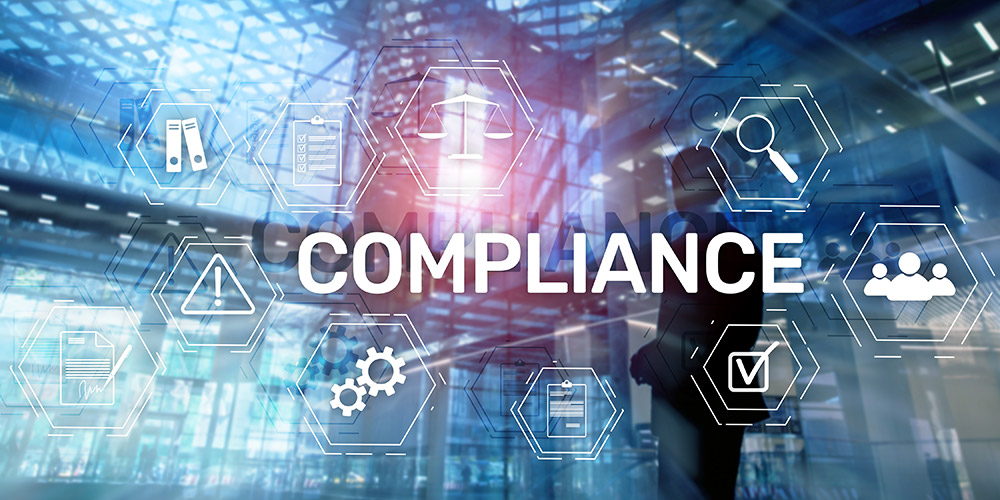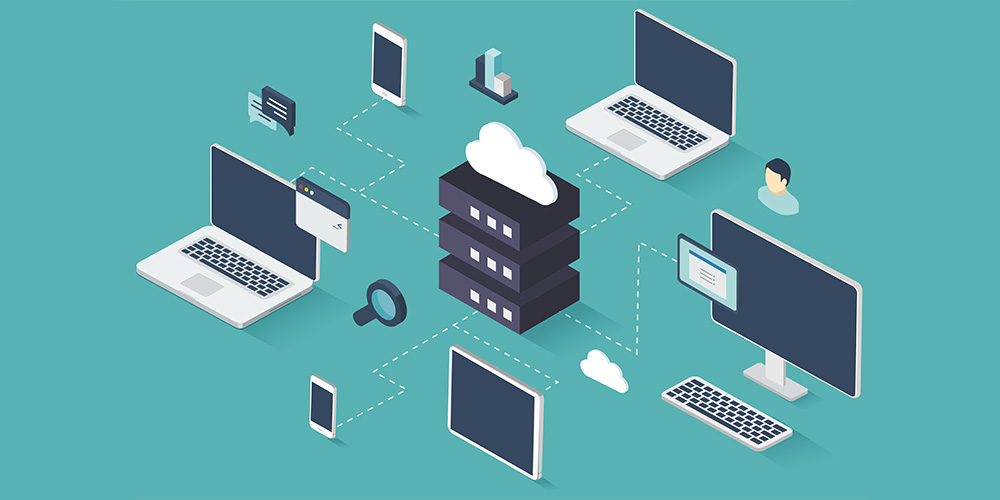
Nov 13, 2019 | SMB Technology, SMB Technology, SMB Technology, SMB Technology, Technology News
With so many organizations generating data in the course of daily business, it’s more important than ever to protect it from loss or compromise. Data breaches are frequently in the news, and aside from the negative publicity, result in fines and loss of revenue for companies. Maintaining network compliance is critical for all businesses. Read on to learn how to protect your company from this costly scenario. Network Compliance is Helpful to a Company’s Security Security has to do with a company’s own technology assets, whereas compliance can be defined as a company adhering to policies and procedures. For most companies, network compliance may be scheduled backups, operating system patching and anti-virus updates. For companies with regulatory requirements of a third party, such as a government or industry compliance involves more than simply protecting an individual company’s assets, though doing this can be helpful in progressing toward compliance. Industries can have strict regulations; HIPAA, for example, protects the privacy of patients’ health care data. Another category, which serves as a standard, is Payment Card Industry Data Security Standard (PCI-DSS); it protects the payment card data of people shopping online. These industry regulations carry strict requirements for the protection of personal data, and company networks must comply or face penalties. With threats abounding, such as malware and viruses, or simply a hole in the network, a network’s protection is crucial. Ways to Keep Your Network Secure and in Compliance One way to get a baseline for evaluating the security and compliance of your network is to conduct a network audit, taking an inventory of the network itself along with all...

Nov 7, 2019 | SMB Technology, SMB Technology, SMB Technology, SMB Technology, Technology News
With companies seeking the best return on investment for their technology expenditure, Cloud migration, or, in some cases, migrating to a different Cloud environment or changing to a new Cloud provider, can be a good choice. Read on to learn more about the benefits of using the cloud as well as what to consider before migrating. Benefits of Cloud Computing Cloud computing, which has become more common over the last decade or so, is a model whereby businesses can store and access data and other computing resources via the Internet. Benefits include predictable costs and flexibility. With cloud computing, the cloud service provider furnishes and maintains the infrastructure, converting burdensome capital expense to a more flexible operating expense. Models of cloud computing include Software as a Service (SaaS) and Infrastructure as a Service (IaaS), among others. Both of these cloud segments offer the advantage of off-site infrastructure; in the case of SaaS, the software is provided. Cloud computing can be billed on a monthly or annual subscription basis, and the cost of initial migration may be spread out over time. Along with these economic benefits, migrating to the cloud necessitates a company to evaluate its needs and goals. Considering a Cloud Migration Before a Cloud migration, businesses need to consider their reasons for doing so and which Cloud environment is best. Some businesses need to keep their customers’ or clients’ data compliant with industry regulations such as HIPAA, in which case a private cloud environment may be preferred. Others may need the flexibility of a public Cloud solution. Still others may be turning to the Cloud with business continuity...




